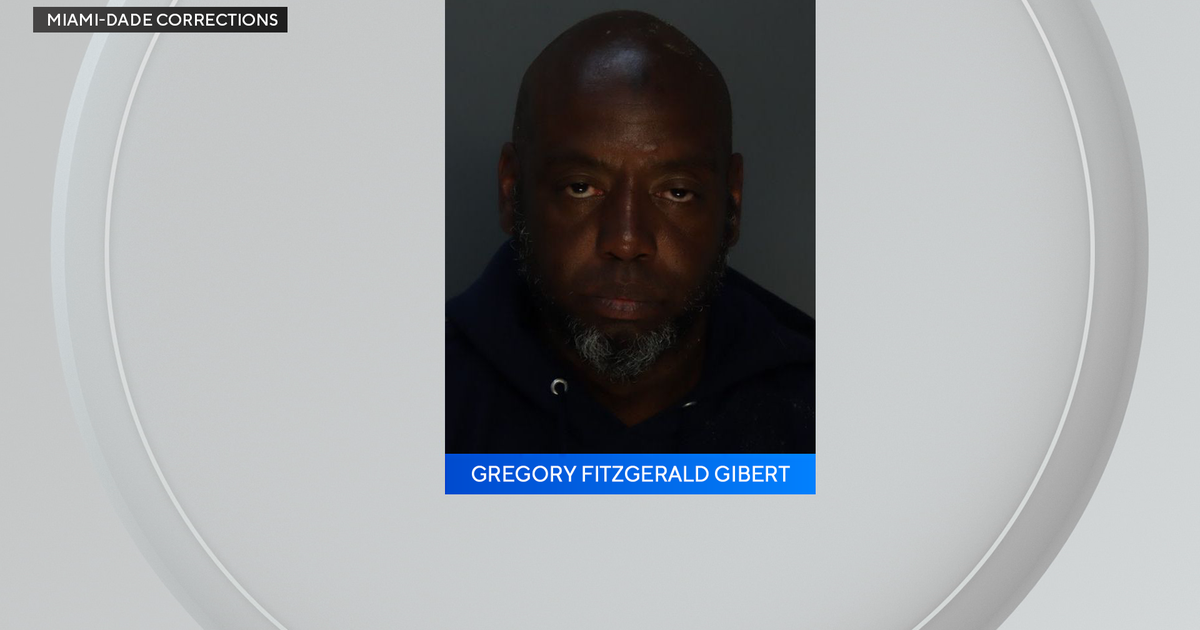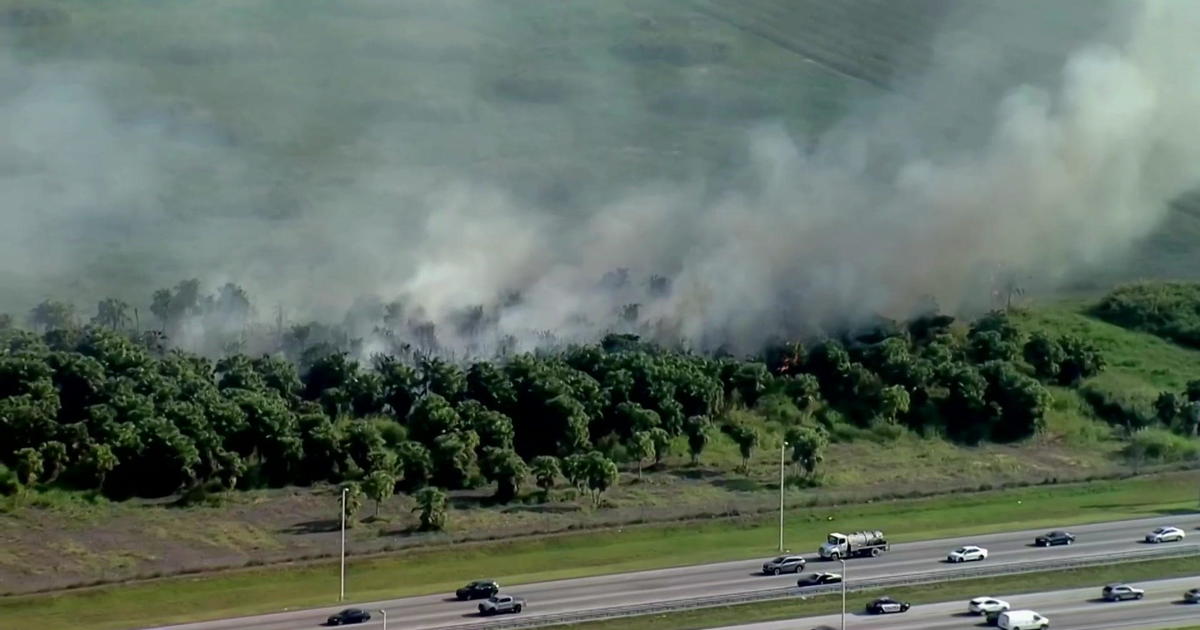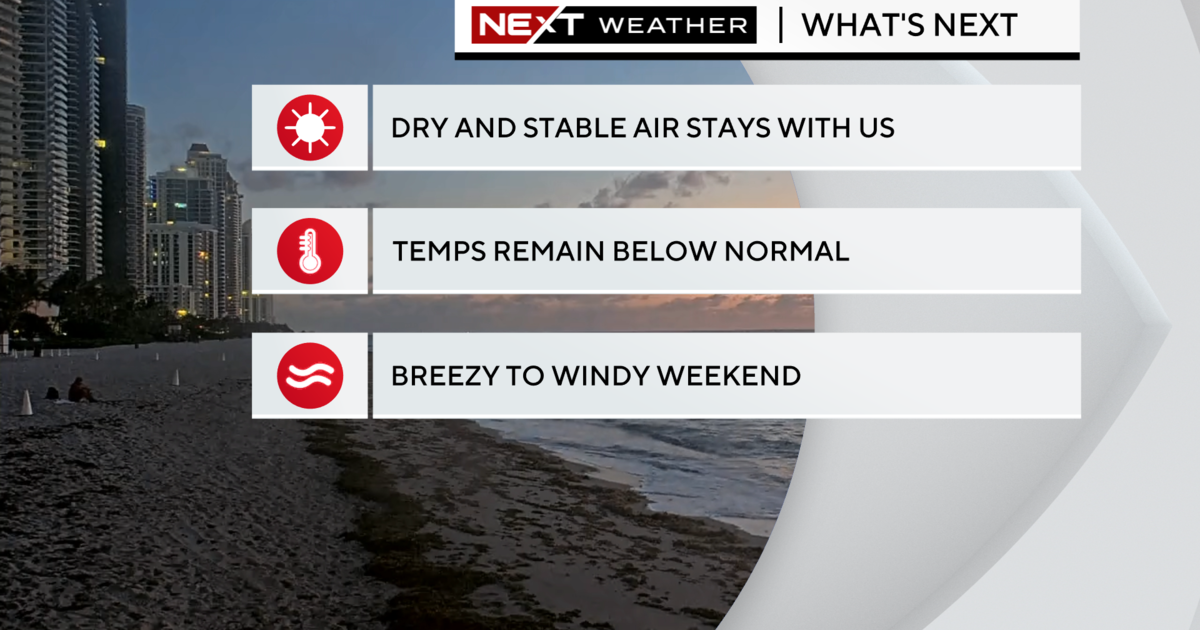FWC: Raccoon Responsible For Attacking Lauderhill Couple, Not Bobcat
LAUDERDHILL (CBSMiami) – It was a raccoon, and not a bobcat that attacked a Lauderhill couple a week ago, according to the Florida Fish and Wildlife Conservation Commission.
FWC Spokesperson Carol Lyn Parrish tells CBS4 that DNA results from hair samples taken after the wild animal attack confirm the species as raccoon.
Eslyn Fray, 85, and her husband Rupert, 71, were both hurt when the animal attacked them while they were on their early morning walk in the area of 6080 NW 44th Street near the Greens of Inverrary Apartment Complex on October 4.
Eslyn, who had a piece of her finger bitten off, according to her brother-in-law, thought it was a bobcat. She also suffered injuries to her forehead and her hand and lips were bitten.
Friday, her brother-in-law told us she may have gotten rabies from the attack. However, state health leaders and wildlife officials have not confirmed.
Her husband was injured when a fell trying to help her. He suffered a fractured hip.
The animal wasn't found, and officials didn't say whether it was rabid.
Neighbors told CBS 4 News they're concerned it could attack again.
"For an animal to attack, it must be sick. That's even more scary now," neighbor Ashley Hearns said.
Hearns even went as far as to issue a stern warning to her grandmother after the attack.
"I tell her don't go out of the house, stay. Just don't go down the stairs. Stay up here with us," she said.
According to the FWC, raccoons are commonly attracted to human areas by garbage, pet food, birdseed and gardens. Once accustomed to being fed, raccoons lose their natural fear of humans and move closer to food sources.
In Florida, they typically weigh 11-15 pounds and are most recognizable by their prominent black facial mask and a long bushy tail, striped with four to seven black rings. Raccoons are nocturnal but can be active during the day, which is not an indication of illness.
What can be done to prevent problems with raccoons?
Never feed raccoons or other wildlife! Placing food outside attracts wild animals and intentional feeding of raccoons is illegal in Florida.
Do not leave out food or trash.
Supervise and leash dogs and keep cats indoors to protect them from raccoons or other predators
Don't approach wildlife. Always observe from a safe distance.
Anyone bitten by an animal should seek medical attention. If you witness any suspicious wildlife activity, please contact the FWC's Wildlife Alert Hotline immediately at 888-404-FWCC (3922).



